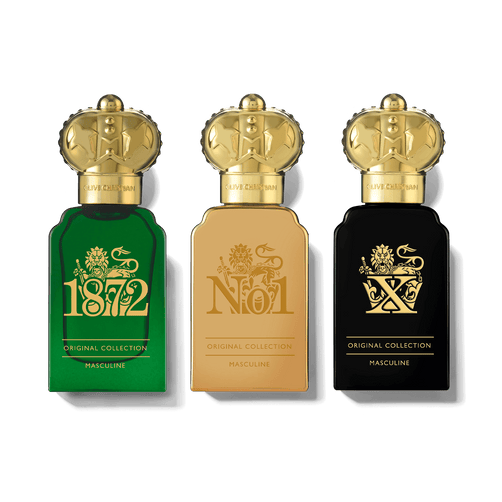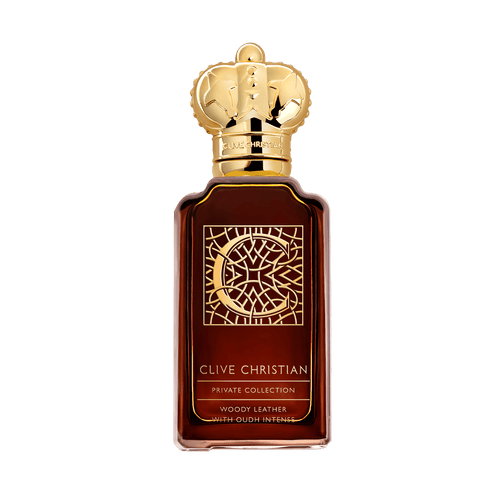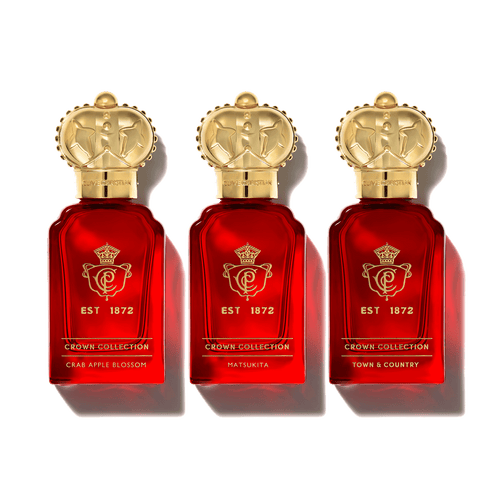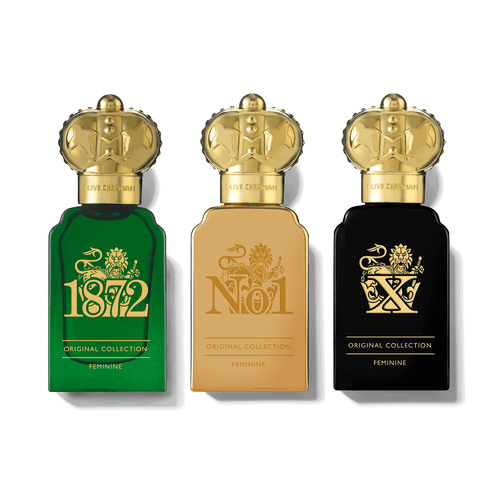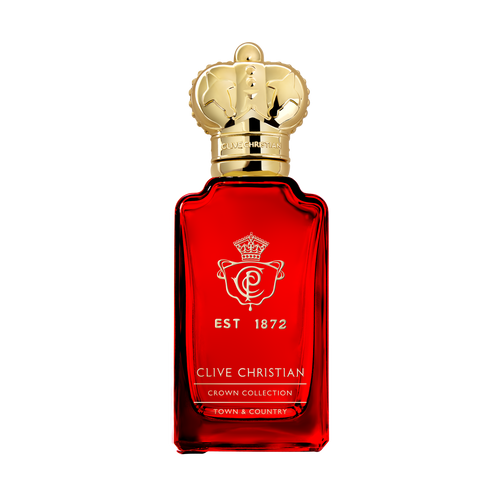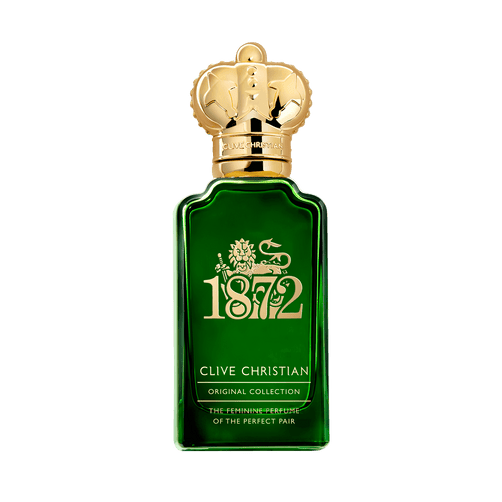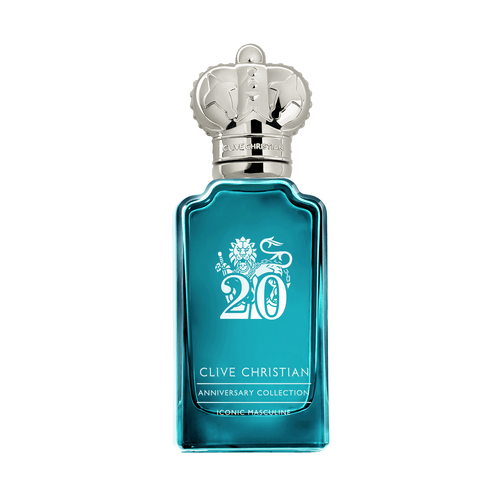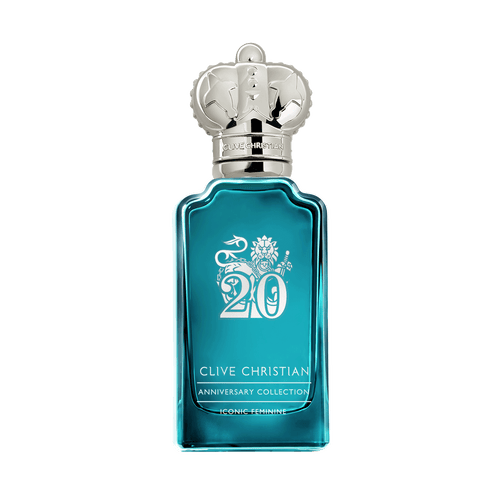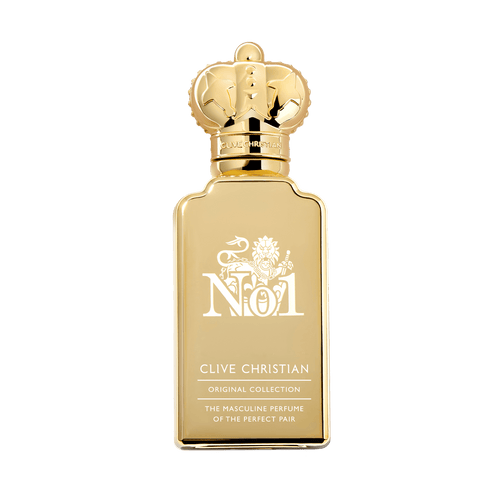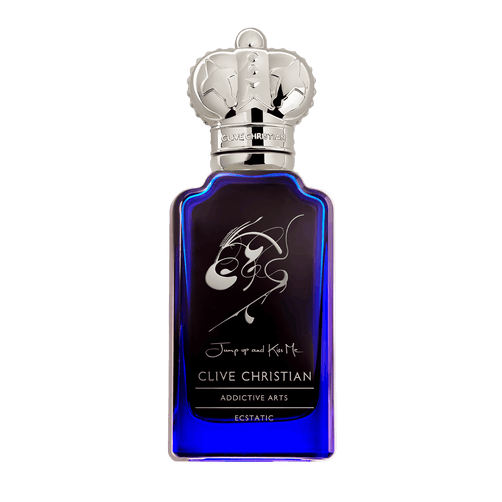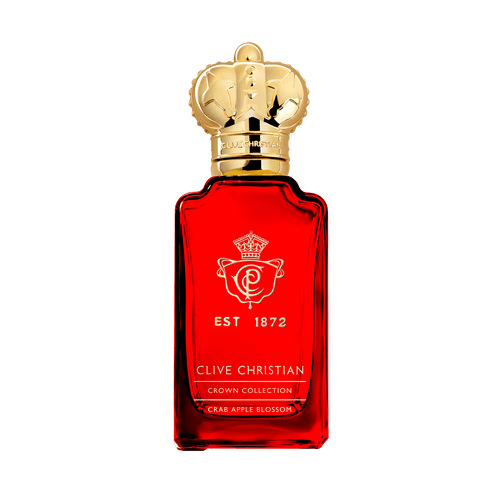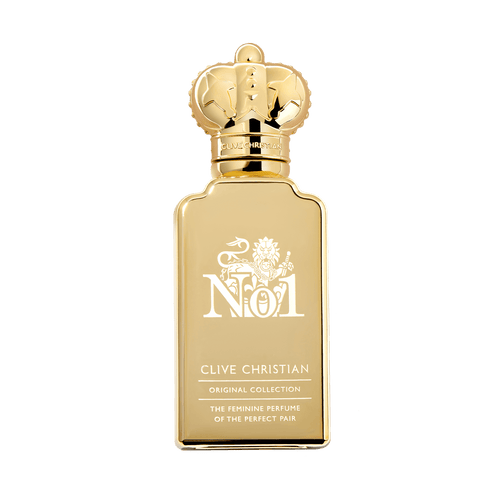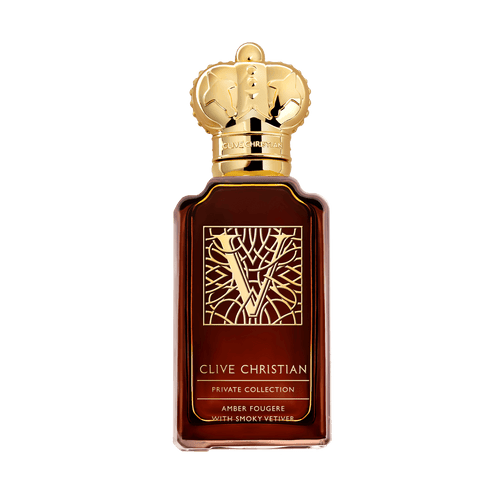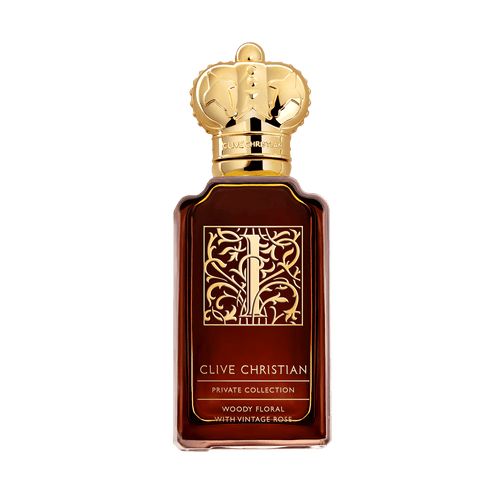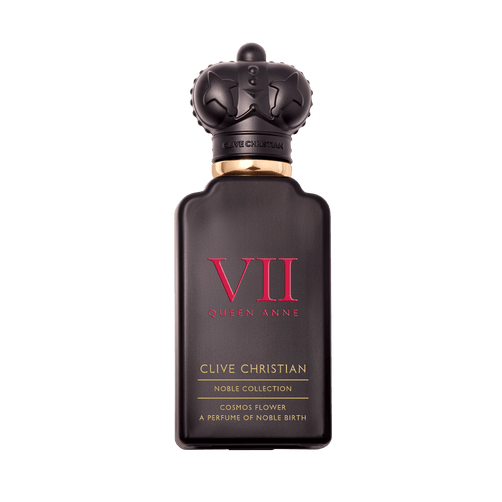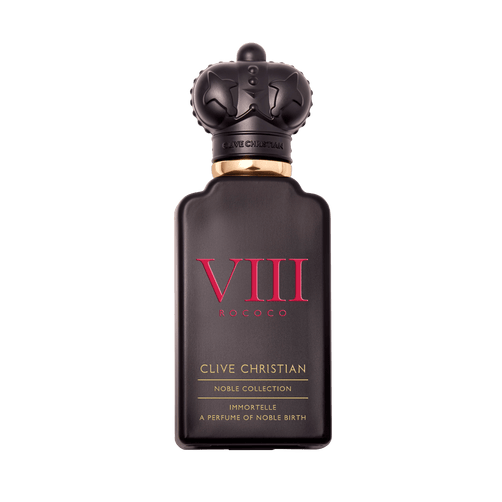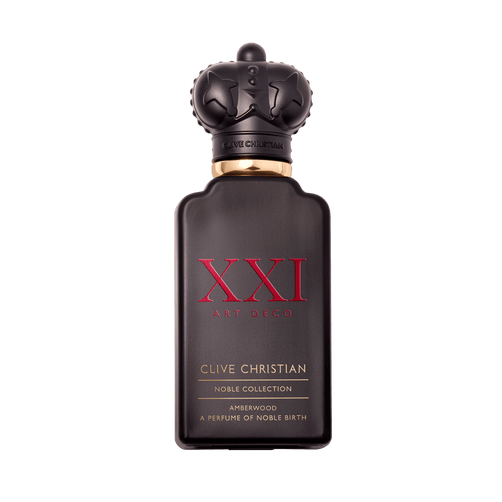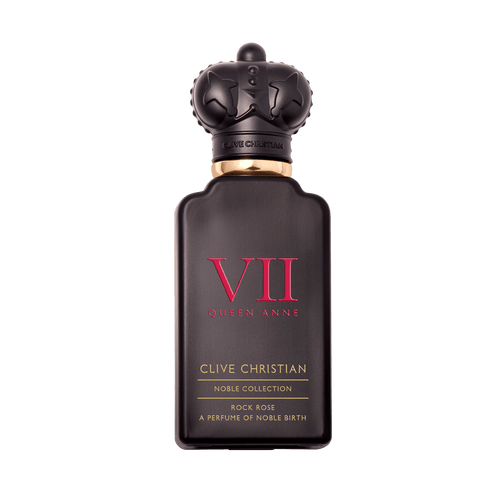Your bag
YOUR CART IS EMPTY
Subtotal
£0.00 GBP
perfume family
FACTS THAT
YOU SHOULD KNOW
ABOUT PERFUME
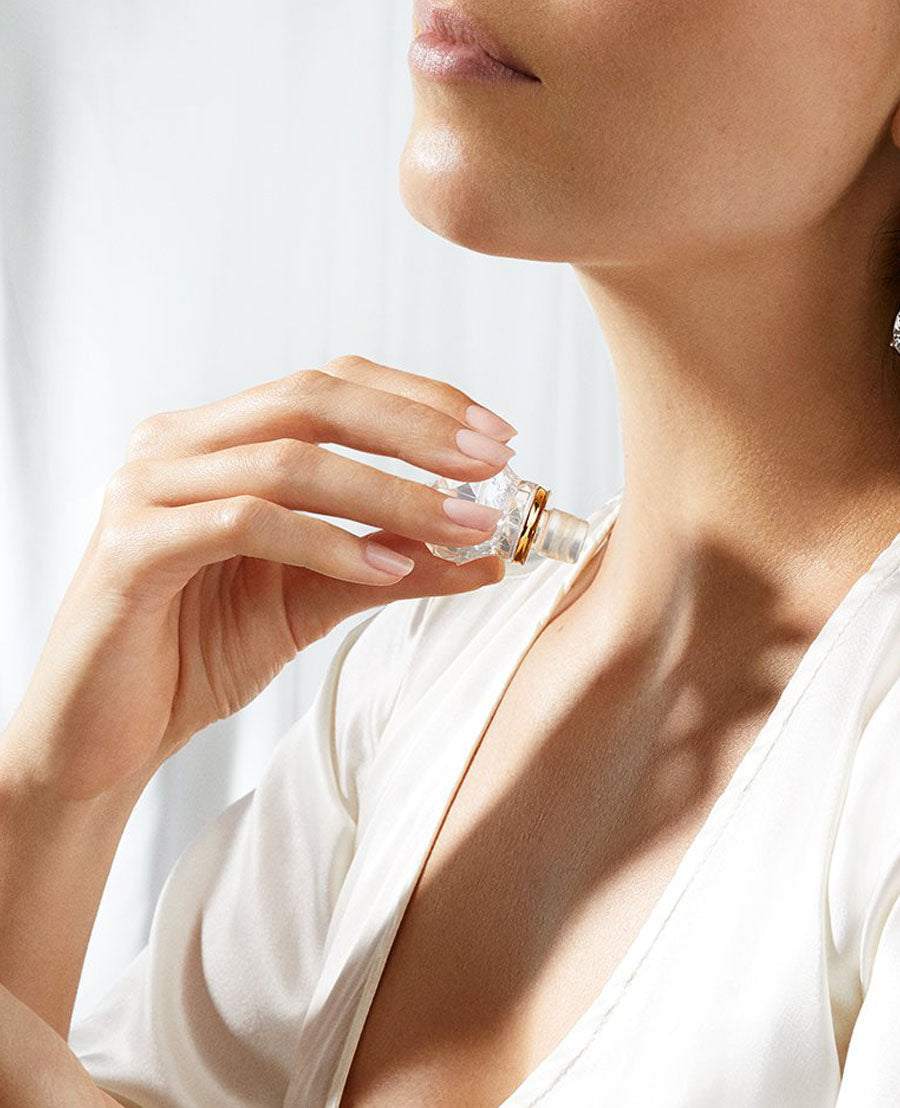
1. What does the word Perfume actually mean?
The word perfume actually comes from the Latin world ‘per fumum’ which literally translates as ‘through smoke’ and the Romans and Arabs refined the art of making and wearing perfume 2500 years ago.
Emperor Nero would hold lavish feasts with rose and jasmine oil pouring through the fountains and being wafted into the air. The Arabian practice of Bakhoor which burns incense and precious wood in order to perfume clothing and the environment is still prominent today.
2. What was the first perfume?
We do not know for fact what the first perfume was but we do know that the world’s first recorded chemist, who was also a perfume maker, is a woman named Tapputi. She lived in Babylonian Mesopotamian around 1200 BCE. It is said that she developed and recorded methods for scent extraction techniques, laying the foundation for today’s perfume making. The first actual ‘factory’ dedicated to the production of perfumed oils dates back 4000 years on the island of Cyprus. The Egyptians were the first to make perfume truly a part of their culture 3000 years ago, inventing stone and glass vessels to hold their precious scented oils and balms.
3. Can perfume be an aphrodisiac?
Perfume can undoubtedly make the wearer feel sexy. There are indeed perfumes with ingredients that are known to have aphrodisiac qualities and the smell can prompt an instant attraction and intuitive sensual responses.
Ingredients like Jasmine, Ylang ylang, Vanilla and Ginger are said have aphrodisiac properties. Even Cleopatra knew about the strong quality of Jasmine and used the power of this perfume to seduce Mark Antony.
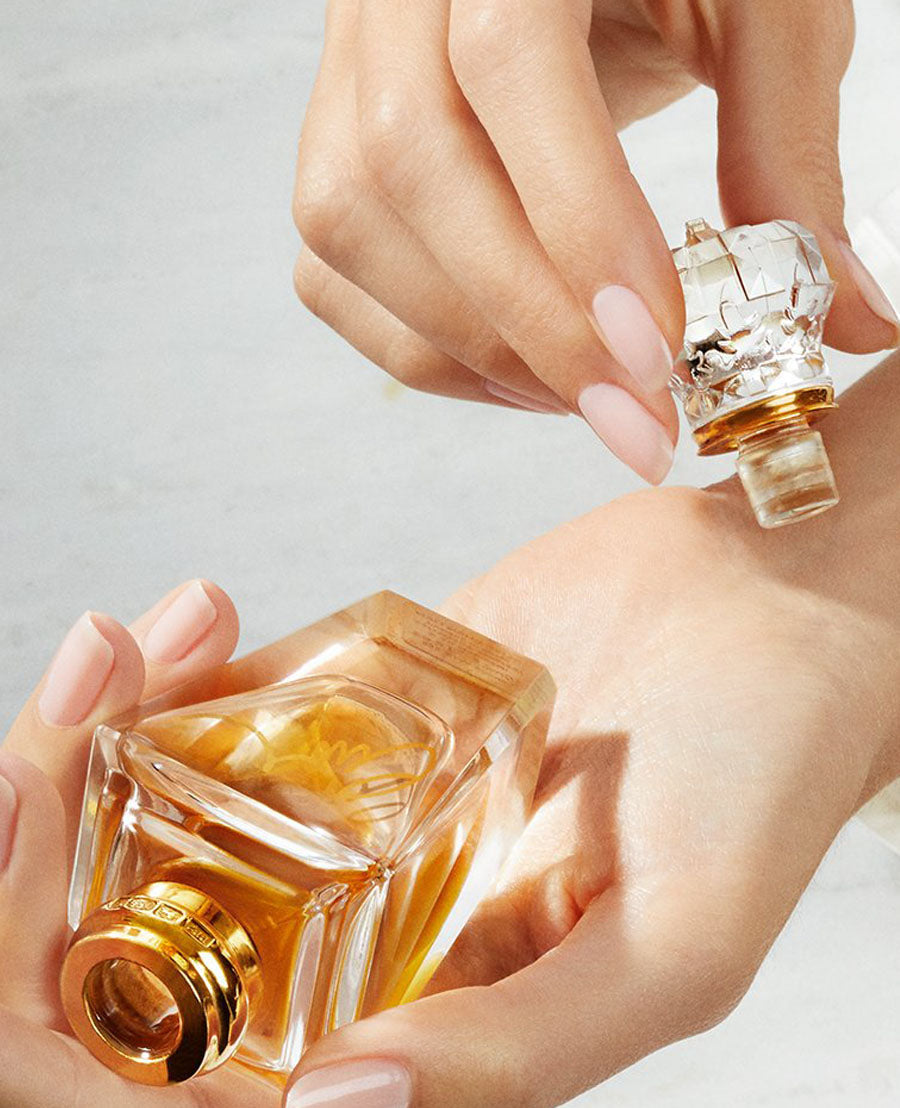
4. Perfume changes throughout the day – why?
Ever wondered why the smell of perfume changes throughout the day? This is due to the Top, Heart and Base notes in a perfume. When creating a fragrance, the chemistry of the skin and the raw materials used causes a perfume to evolve over time. A perfume is a very complex composition of top notes, heart notes and base notes.
The top notes are the most delicate and do typically not last very long. Heart notes tend to be herbal, floral and spice notes which last longer than the top notes but you will be able to smell the base notes the longest. Base notes are usually composed from wood, amber and musk.
5. Does Perfume have an expiry date?
The composition of a perfume might change over time. This is why it is recommended to use your perfume within 3 – 5 years. Once the bottle is opened and came into contact with air (by opening the bottle or spraying the atomiser) it should be used within the first three years. The older the fragrance gets the more different it can smell, Eau de Toilette for example might only smell of alcohol after a few years. The higher the perfume concentration, the higher the chance that it will last longer – in the bottle and as well as on your skin. Commonly, Perfumes with heavier (oriental) base notes last the longest.
6. How to store perfume?
There are certain factors you should remember when storing perfume. Humidity, sunlight and variations of temperature will impact your perfume over time.
Therefore, to make your perfume last longer, make sure to store it upright in a dark place that is not impacted by humidity or extreme changes of temperatures – so the bathroom or car is really not ideal.
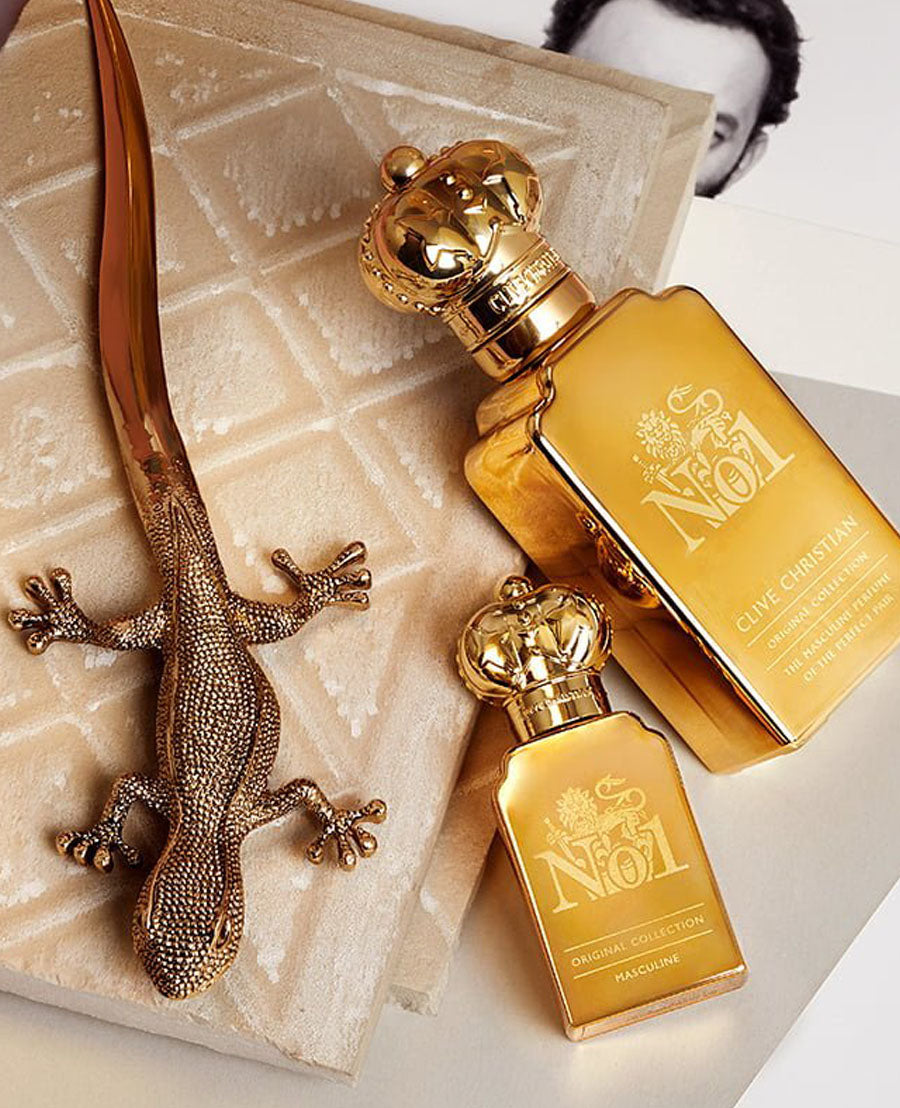
7. What is the difference between Eau de Parfum and Parfum?
There are different categories in perfumery for perfume types with certain concentration.
Concentration refers to the amount of pure perfume oil within a fragrance. Eau de Toilette, for example, has a perfume concentration of about 10%, whilst Eau de Parfum 15%.
Perfumes that are classified as actual Parfum boast a concentration of over 20%.
The higher the concentration, the higher the longevity on the skin which means that a Parfum lasts significantly longer on your skin than an Eau de Parfum. One can expect a Parfum to last 8-12 hours whilst an Eau de Parfum might only last for about six hours.
8. Is perfume a mood booster?
Perfume is definitely a feel-good stimulant that can relax you, improve the mood, make you feel sexy and act as a confidence booster. Perfume is also known to evoke certain associations. Having a scent memory can be quite special as it helps to remember things you actually want to remember. It is also said that Citrus perfumes make you energised and refreshed.
9. Why does perfume smell different on skin?
Every person has a different skin PH and also lead a different lifestyle (sports, diet, smoking, drinking, etc). This can have implications on how your perfume smells on your skin in comparison to someone else or on a scented card.
If you notice that your perfume smells different than it used to, it does not automatically mean that the perfume has gone off or that the formula of the perfume has changed – it can also mean that you might have changed your lifestyle.
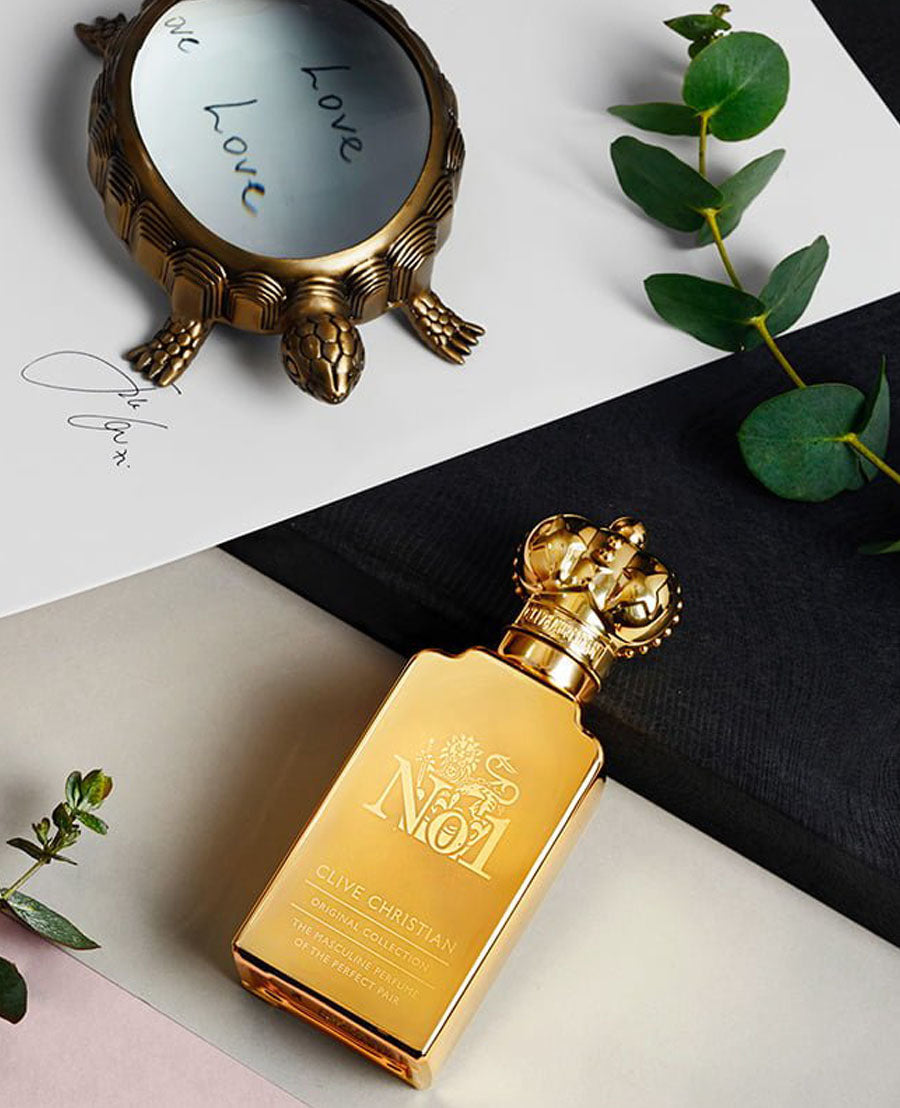
10. What is the difference between a splash bottle and atomiser?
Most perfumes are atomisers, which is essentially a spray pump. A splash bottle does not have a spray pump and does not necessarily have an applicator on the bottle top. Splash bottles are usually used for Aftershaves. Pure perfume oils might also be presented in crystal bottles that do not have a spray pump but feature an applicator which allows to dab and apply the perfume on the skin.
11. How to apply perfume?
Perfume is activated by body heat this is why you should apply perfume on your skin at the main pulse points, the inside of your wrist, on the neck, behind the ear, elbows and behind your knees.
Do not rub your wrists together as this will alter the molecules of the perfume and will result in the fragrance smelling different.
You can also put perfume into your hair as it will last longer and will diffuse the scent as it is constantly in motion. Please refrain from spraying perfume directly on your hair as the contained alcohol can dry it out. Spray the perfume on your brush before brushing your hair – voila.
12. Are perfumes vegan?
A lot of perfumes do contain ingredients from an animal. It is advisable to double check before purchasing if you want to make sure that it is a 100% vegan perfume.
There is no official signage on packaging just yet. Clive Christian Perfumes are not tested on animals, and the majority of our perfumes are certified suitable for vegans.
Some of our perfumes that are unsuitable for vegans do contain natural beeswax and honey absolute, which is sustainably sourced from the south of France as a bi-product of the honey industry.
13. What are unisex perfumes?
Generally speaking all perfumes are unisex. There is no written rule that says a sweet, floral scent is for women and deep woody fragrance for men. It is up to the wearer to decide how they would want to smell like and add to their personal perfume wardrobe. There are indeed a lot of women wearing fragrances that are classified as masculine and there is nothing wrong with that.



